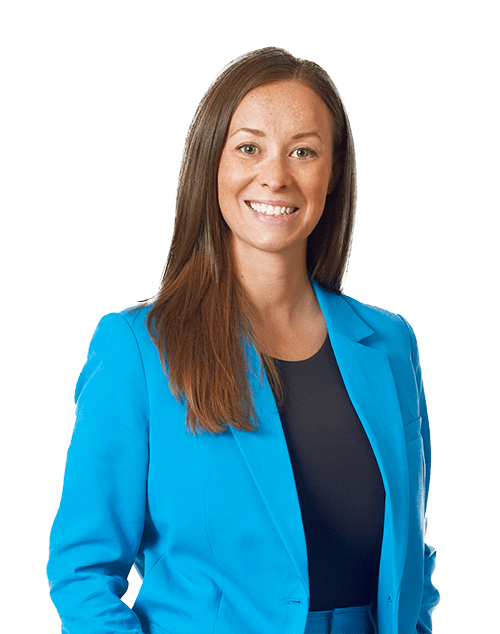August 16, 2023 • By Andree Mohr
There has been a torrid pace of consolidation in the registered investment advisor (RIA) space that began in the midst of the pandemic, with deal volume climbing 11.1 percent over the course of 2022, setting a record high. The volume was particularly impressive considering the backdrop of surging inflation, the resultant rise in interest rates and lingering concerns about the potential for a recession.
This strength isn’t really shocking though, given steady private equity interest in the sector and firms’ ongoing appetite for strategic acquisitions that will allow them to enter new geographies or to add new services to a practice. Additionally, a 2023 Bain and Company study underscored the value of such transactions, with nearly two-thirds of respondents reporting that acquisitions completed in the previous three years have met or exceeded expectations.
The first half of 2023 hasn’t seen much of a slowdown in M&A either, with an Echelon Partners report on the first quarter revealing 75 deals involving $1.2trillion in total assets transacted, marking a slight increase from the 73 deals announced in the fourth quarter of 2022.
The question of whether to pursue growth organically or via acquisitions has always been a critical strategic decision. While acquisitions may off er a quick path to expansion, focusing on organic growth can provide long-term sustainability and stability for financial advisors, their practices and the clients they serve.
Integrated Partners has built its business partly by identifying and partnering with certified public accountants (CPAs), a natural and mutually beneficial way to enhance organic growth while bolstering the advisor’s book of business. By collaborating with CPAs, financial advisors can tap into an established network of clients who already trust their CPA’s advice. This partnership creates a win-win situation, as CPAs can refer their clients to financial advisors for comprehensive wealth management services, while advisors can make those clients “stickier” for CPAs by offering a one-stop-shop approach.
It benefits the client, too, by considering and coordinating all aspects of their financial lives, including budgeting, investments, retirement planning, tax strategies, insurance coverage, estate planning and more. This comprehensive approach helps ensure that all areas of their finances are addressed, and decisions are made in the context of their overall financial picture.
This type of organic growth allows financial advisors to build a sustainable business focusing on their ideal client while cultivating a strong foundation based on trust and reputation. By focusing on attracting and retaining clients through personalized service and tailored advice, advisors can establish enduring relationships that lead to client loyalty and referrals. This path places the emphasis on client satisfaction and results, rather than chasing the accumulation of assets under management (AUM), and encourages the development of a loyal client base that values the advisor’s expertise.
The secret to success is in identifying the right CPA partners— but where to look? Start by examining your professional networks and uncover connections to CPAs. Looking within your existing client base is a great start—does a subset of your client base currently work with a similar CPA? Reach out and discuss how you can support their existing relationships.
Remember that building meaningful partnerships, in any aspect of life, takes time, eff ort and nurturing. Ultimately, by focusing on organic growth and forming alliances with CPAs, financial advisors can build sustainable and thriving practices to grow and remain competitive in the industry.






